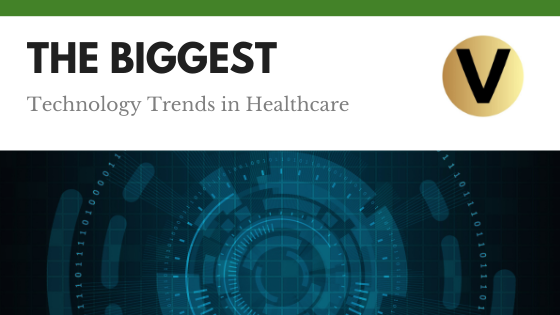When talking about the latest technological advances in the healthcare industry, it’s fascinating to note that many doctors name developments in EMR and blockchain as among the most significant boon to patient outcomes in recent years.
One might expect then to cite a new surgical technique, an advanced imaging device or the astonishing leap forward in the ability the genomic sequence the DNA of cancer cells. All of the above is a reality, but EMR and blockchain are where a lot of the excitement is in medical technology trends.
EMR stands for Electronic Medical Records. Blockchain is the coding technology originally developed to facilitate the exchange of Bitcoin and other cryptocurrencies. It turns out that blockchain has a highly significant application to medical care.
Electronic record-keeping has been around for a long time. However, advances in software and app design have made electronic records into powerful digital tools that make it easy for any doctor or nurse to have complete medical information about a patient at their fingertips. This includes the cross-sharing of information a patient may have accumulated by seeing perhaps a dozen different doctors over the past 10 years.
Patients not only switch doctors more frequently, but they also see many different specialists. It is not uncommon today for a single patient to have engaged a dermatologist, a neurologist, an allergist, a GP, a rheumatologist, a podiatrist and more.
In the past, each of these doctors would have created a unique and individual medical file for the patient. Sharing these files was cumbersome and slow. Imagine, then, that patient visiting a new doctor and that doctor does not have access to every other medical encounter and treatment the patient in front of him. That doctor is working with some blind spots.
That’s there EMR and blockchain make a huge difference today. Blockchain is especially helpful because it goes beyond even EMR. The latter is still limited by several factors, such as compatibility between health systems. Blockchain can transfer medical information across all systems in a way that is completely transparent, shows every detail about where a patient has been and it cannot be overwritten and altered – which is how errors can enter the system.
It seems almost ironic that advances in what is basically bookkeeping and record-keeping can be said to be among the most important medical advancements of our times. The bottom line is, however, that EMR and blockchain will save countless lives, produce better patient outcomes and help people suffering from serious illnesses get better care.

